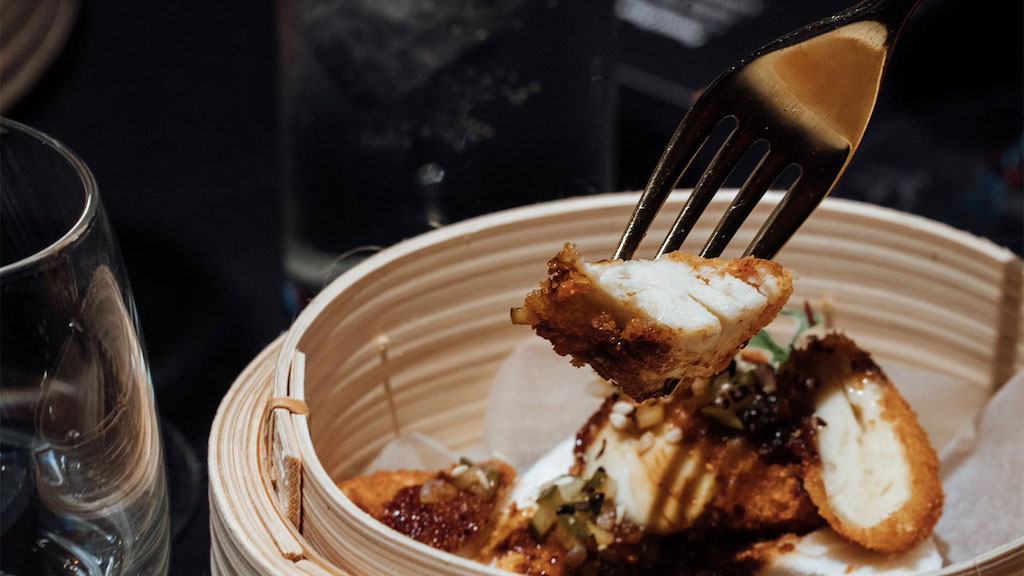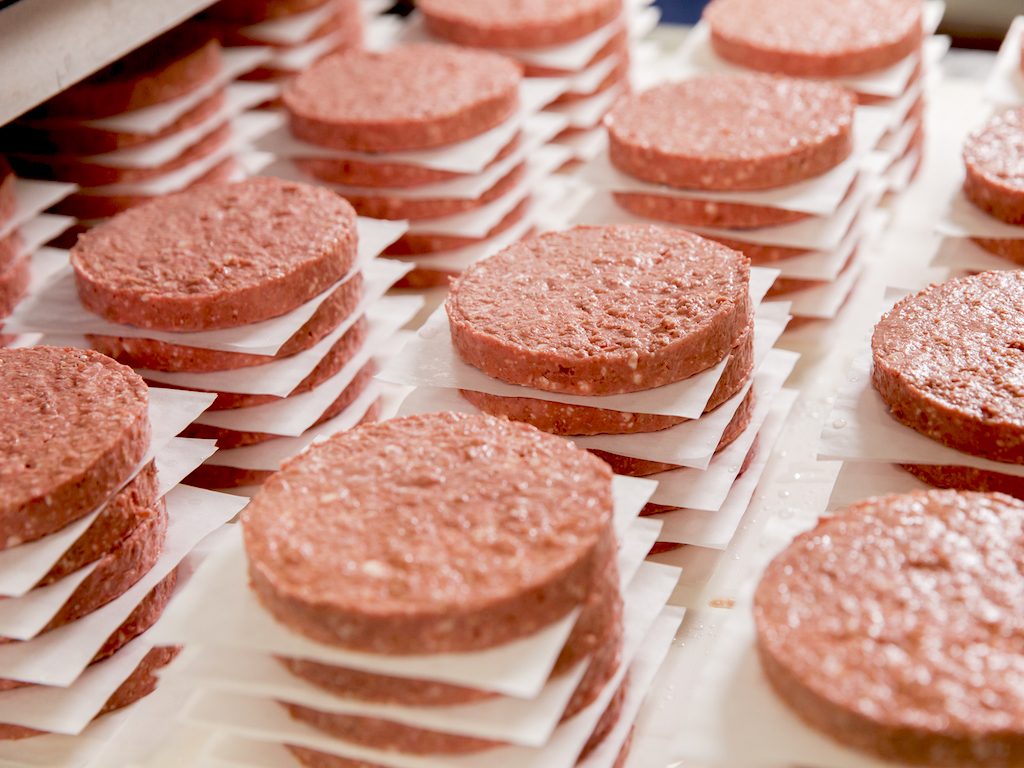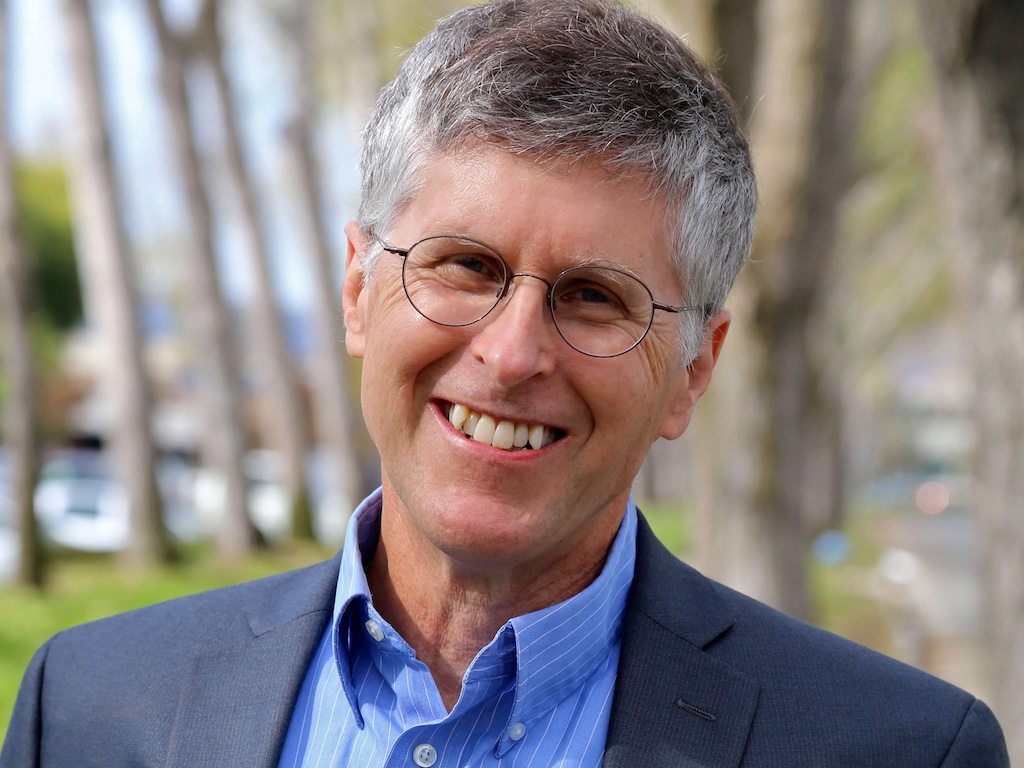Impossible CEO Snubs Cell-Based Meat Again As ‘Complete Vaporware’
4 Mins Read
Impossible Foods founder and CEO Patrick Brown has taken another swipe at cell-based meat, this time calling it “complete vaporware”. The comment was made in a recent Washington Post interview, where he argues only plants could viably compete and displace animal agriculture.
Brown, the man behind the famous bleeding plant-based Impossible patty, has called cell-based meat “complete vaporware” in a new interview with Post reporter Laura Reilly. It’s not the first time he’s dismissed the industry, previously saying that cell-based meat is “never going to be a thing”.
Brown: the economics can’t compete
His comments at the time ran counter to Eat Just co-founder and CEO Josh Tetrick’s strong support for the future of cell-based meat—and just months after, Tetrick proved it with his startup becoming the world’s first to sell cultured meat commercially in Singapore.

Now, in this fresh interview, Brown builds on his bearish stance on cell-ag, declaring that there is “no conceivable way” for meat grown from cells to compete with the livestock industry.
“Don’t hold your breath. The fact is that the economics of animal cell cultures as a food production system in no conceivable way can compete with the current industry,” Brown is quoted saying.
“It’s actually hard to make a reasonable facsimile of an animal tissue from cultured cells. Theoretically, it’s doable, and there’s no question that it will be done at some point. But it will never be done with anything remotely like the economics you need for food.”

Animal meat isn’t healthy
Another point that Brown makes is that cell-based meat is still real meat—and therefore comes with all the health impacts associated with meat consumption.
In the interview, the Impossible CEO says we’ve “totally missed the point” of cell-based tech and “you’re stuck with the limitations of the animal.” He goes on to argue that plants are really the only way forward.
“We can make a product that’s vastly better nutritionally and we can make it more delicious than the animal. We’re not stuck with making cows and pigs and chickens. We control the knobs.”
Of course, proponents of cell-based meat would note that the industry isn’t trying to convince everyone to consume lab-grown animal proteins every day. Instead, it’s a solution for meat lovers to continue enjoying the foods they crave, without the ethical and environmental concerns associated with current livestock production.
Read: Why lab-grown? 10 benefits that cell-based meat offers
Cell-based meat developments
Brown has never strayed from his original stance on cell-based meat, but it’s notable that his recent comments come amid a wave of optimism over the future of the cultured protein sector.
2020 represented a record year for the cultivated protein space. Startups focused on the technology bagging more than US$360 million in investment globally, a six-fold increase from the year before. As mentioned earlier, it was also the year that cultured meat was sold commercially to diners for the first time.

Since Eat Just’s feat, the startup has even partnered with delivery platform FoodPanda to deliver cultured chicken dishes directly to consumers’ doors. Now, even big food companies like Nestlé want in. The Swiss conglomerate just announced it’ll work with Israeli cell-based chicken maker Future Meat to dive into the sector.
But perhaps there’s still truth to Brown’s firm belief in plants. The plant-based industry is showing no signs of slowing down, with vegan meat and dairy demand surging globally, from foodservice to retail.
Brown also recently co-authored a paper to back the huge environmental savings that would come if we all just simply ate plants. According to the study, 70% of GHG emissions would be offset by this century if the world replaced our current diets with a plant-only one.
Lead image courtesy of Impossible Foods.




